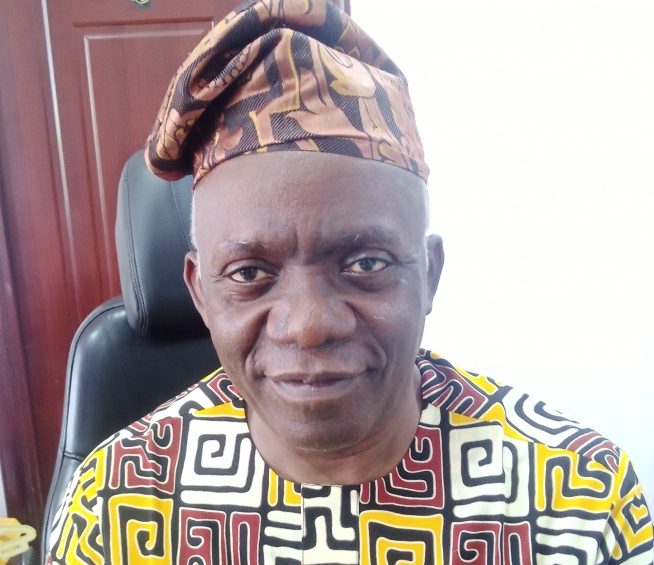Human rights lawyer, Femi Falana SAN at the weekend urged the national assembly to stop playing lip service to the education of Nigerian children by making embarrassing resolutions that are not in accordance with existing laws made by the same legislature.It is estimated that 18.5 million Nigerian children are presently out of school.
The senior lawyer was particularly irked by the resolutions of both the House of Representatives, and the Senate during the commemoration of the 2023 International Day, saying that the lawmakers lack ‘institutional memories of even the progress made by the legislature in making laws to promote universal access to basic education”.
The legislative lower chamber, responding to a motion raised by Kafilat Ogbara(APC Lagos) passed a resolution calling on the Federal Ministry of Education to reduce the population of out of school girls by ensuring compulsory free education for all girls across the country.
In a similar vein, the Senate through a bill raised by Senator Uzor Orji Kali(APC Abia) passed the first reading of the bill recommending a N50k fine on parents who refuse to provide their children with both primary and secondary school education.
Falana said that the same National Assembly as far back as 20 years ago passed the Universal Basic Education (UBE) Act which made it mandatory for the government to provide compulsory education for Nigerian children from primary school to Junior secondary school level. Under the Act, the Federal, State, and Local Governments were expected to provide funding for compulsory education. However, states majorly had refused to provide their counterpart funding as provided in section 2 of the Act.
He said: “It is indeed regrettable to note that the members of the House of Representatives are not aware that the Child’s Rights Act, 2003 and the Compulsory Free Universal Basic Education Act 2004 have made education free and compulsory for every Nigerian child from primary to junior secondary school. In SERAP v FRN (2010] ACHPR 109 and LEPAD v Federal Ministry of Education (unreported suit No. FHC/ABJ/CS/978/15), the Ecowas Court and the Federal High Court directed the Federal Government to ensure that every Nigerian child is given free and compulsory education;
The needless resolutions are indeed unfortunate because they show that the federal law markers are seemingly lacking in institutional memories of even the progress made by the legislature in making laws to promote universal access to basic education. Since each of the 36 States of the Federation has adopted the Child’s Rights Act and enacted a Child’s Right Law, it has become the joint responsibility of the Federal, State and Local Governments to ensure that every Nigerian child is given access to free and compulsory education”.
He added: “Furthermore, the Discrimination Against Persons With Disabilities (Prohibition) Act 2019, guarantees free education up to senior secondary school level for every person with disability while all public schools, whether primary, secondary or tertiary shall have at least one personnel trained to cater for the educational development of persons with disabilities or special facilities for the effective education of persons with disabilities;
These laws have been observed in their breach because the members of the political class drawn from all registered political parties have not demonstrated any commitment to the education of every child in Nigeria. Hence, the members of the legislative and executive organs of governments have failed to appreciate the danger of having 18.5 million out-of-school children, the highest number in the world. Therefore, amending the Compulsory Free Universal Basic Education Act to make it more effective for parents will not work in a poverty stricken environment”.
What the legislature should do, according to the senior lawyer, is to pass laws to make it compulsory for states to provide their counterpart funding for the education of children as provided by the UBE Act. ‘What the National Assembly should do instead is address the refusal of state governments to make counterpart contributions to the Universal Basic Education Fund pursuant to section 2 of the Compulsory Free Universal Basic Education Act;
As a matter of urgency, the National Assembly should ensure the amendment of the Constitution to empower the Accountant-General of the Federation to deduct from source the counterpart fund payable by every state government to the Universal Basic Education Fund”, Falana concluded.
Dear readers, we really need your support to keep on serving you with authoritative, truthful, and juicy stories everyday. For your support, please reach out to the editor @gavelinternational66@gmail.com

